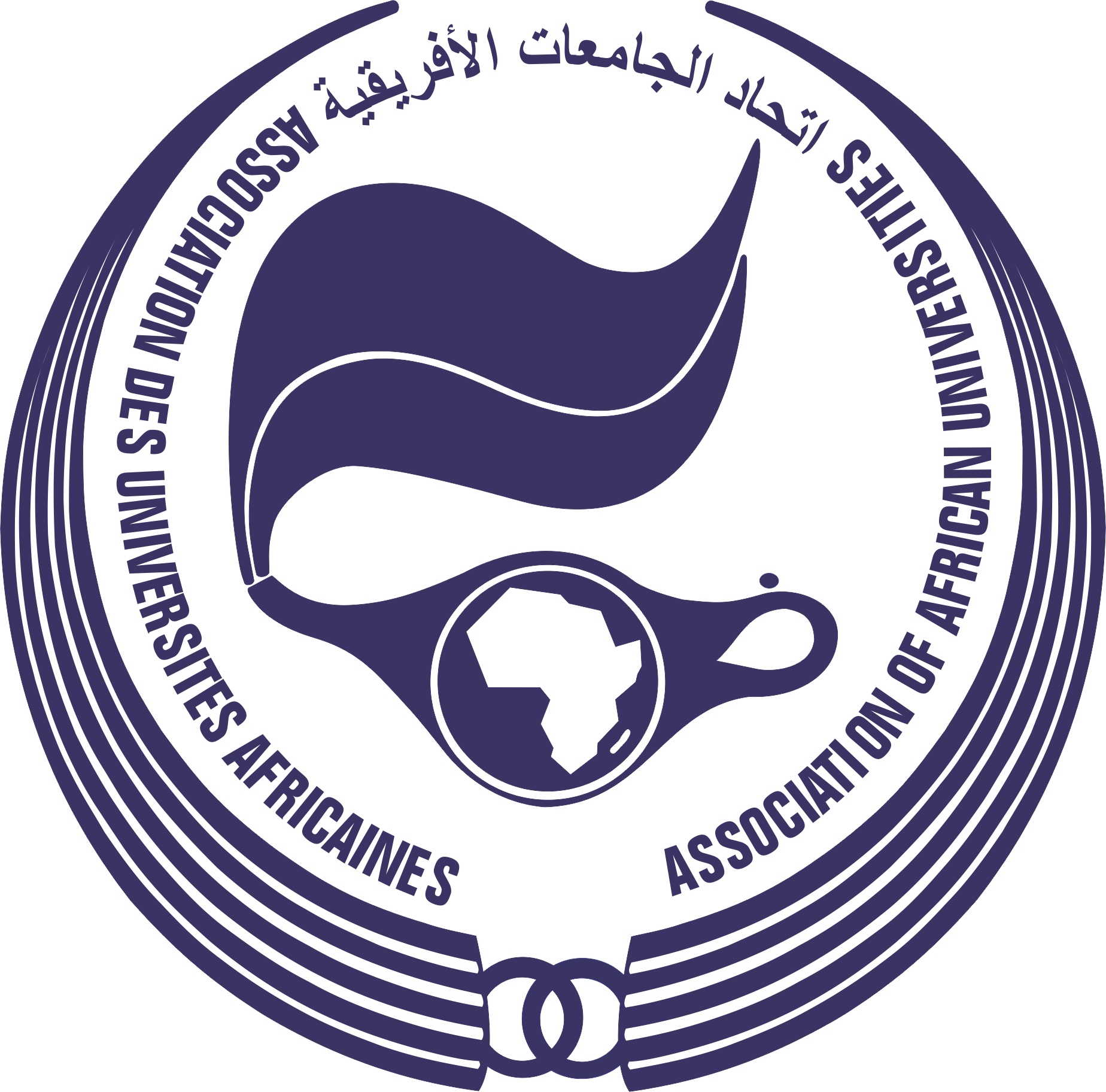CESA IN A NUTSHELL
The African Union, in partnership with Member States and key stakeholders, developed and adopted the Continental Education Strategy for Africa (CESA 16-25). The strategy is in line with the African Union 2063 Agenda and the Common African Position on the Post-2015 Development Agenda.
CESA capitalizes on numerous, and active, players ready to mobilize financial, human and technical resources within national, regional and continental coalitions for education, science and technology. Thus, the Strategy seeks to provide each education stakeholder the opportunity to make its best contribution to education and training in Africa.
The Association of African Universities (AAU) has been appointed as the coordinator for the implementation of The Higher Education Cluster of the Continental Education Strategy for Africa (CESA 16-25).
CESA HIGHER EDUCATION CLUSTER
During the CESA planning meeting held in Addis Ababa at the premises of the African Union Commission in June 2016, it was agreed that a Higher Education Cluster be created in support of the realization of the Continental Education Strategy for Africa.
The basis for the Cluster’s activities were drawn from the Guiding Principles and Pillars articulated in CESA.
- Harmonized education and training systems are essential for the realization of intra-Africa mobility and academic integration through regional cooperation
- Quality and relevant education, training and research are core for scientific and technological innovation, creativity and entrepreneurship
- Gender equity throughout the education system
- Strengthened Institutional capacity
- Bringing together actors for credible partnership between government, civil society and private sector
In recent decades, education has emerged as the bedrock for socioeconomic development of every country. It is considered as the gateway for a country to achieve sustainable development. The continent after emerging out of decades of stagnation has been predicted by experts, academic, scholars and other stakeholders to be the continent of the future considering its demographic dividend and untapped human and material resources. In line with this promising future, the African Union has promulgated various agendas that address key issues of the continent’s developmental challenges. In the bid to have a prosperous and peaceful Africa, the African Union Commission developed the Continental Education Strategy for Africa (CESA 2016-25), which is a strategic framework in the realization of the African Union’s vision as articulated in Agenda 2063: The Africa We Want.
OBJECTIVES OF THE CESA HIGHER EDUCATION CLUSTER
The objectives of the cluster include:
- Mobilize member organizations’ expertise and technical support in implementing agreed work plan and other joint activities in higher education
- Facilitate and support information sharing, communication and interaction within the cluster and beyond
- Agree on key indicators for measuring progress
- Contribute to the development, implementation, monitoring and reporting of agreed annual or biennial work plans, anchored against established baselines
- Establish sub-clusters as need arises and also when a group of stakeholders wishes to coordinate and implement a higher education initiative within the objectives of the Strategy
- Provide a continental platform for dialogue and communication through regular meetings to create awareness and ownership of CESA, particularly on higher education related objectives.
- Develop programmes to support national, regional and continental higher education activities with keen focus on quality assurance; harmonisation and mutual recognition of qualifications; excellence in research, innovation and entrepreneurship; teaching and learning; and institutional leadership.
- Promote policy dialogue at relevant regional, continental, and global conventions interested in and committed to higher education.
Contact Information
CESA Higher Education Cluster Coordinator:
Prof. Damtew Teferra
dteferra@aau.org
